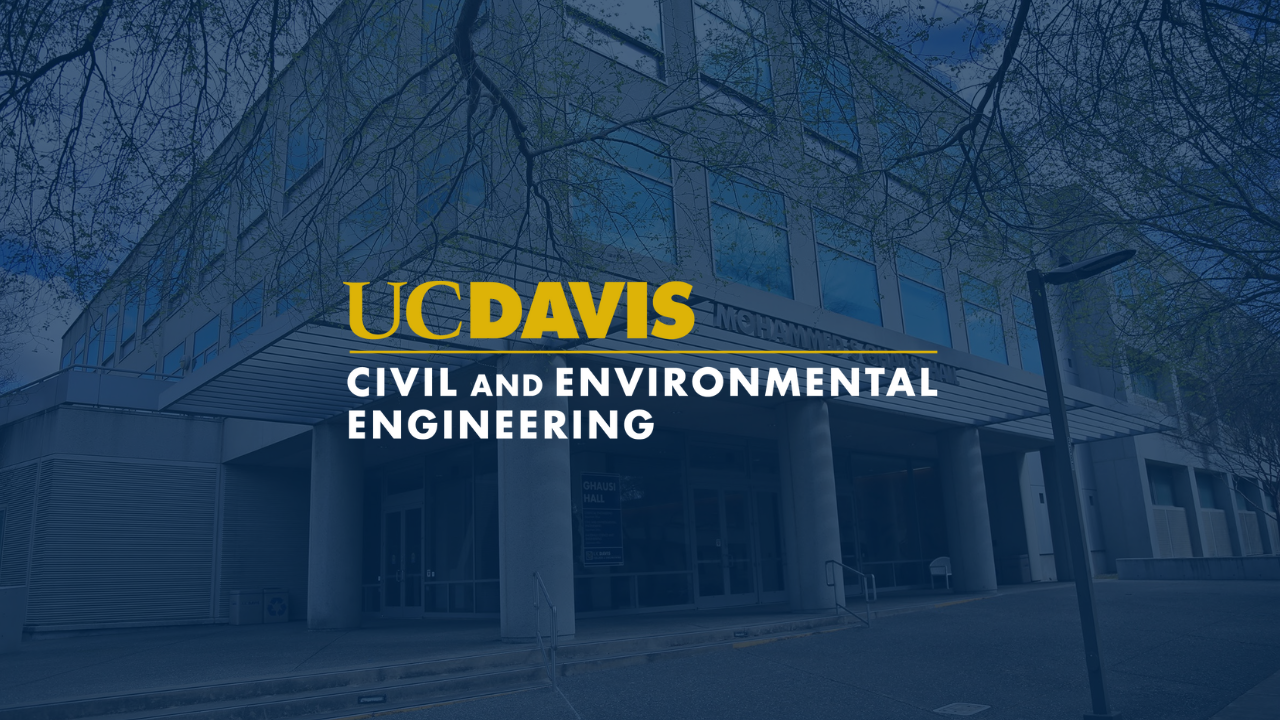
Event Date
Abstract
In the past decade, California has witnessed highly fluctuating and unprecedented climatic conditions. Within the San Joaquin region, water and flood managers have grappled with both extremes – two record-setting wet years alongside the driest three- and four-year droughts on record. These extreme climate conditions are hallmarks of the effects of climate change and significantly stress our natural and managed water systems. Many of California’s water management challenges are clearly manifested in the San Joaquin Valley — flood risk is among the highest in the nation; water supplies are unreliable with groundwater managed unsustainably in many locations; and ecosystem habitats and species are in decline. Flood managed aquifer recharge (Flood-MAR) is an integrated and voluntary water management strategy that can, at scale, benefit these multiple water sectors while reducing climate vulnerability. California needs innovative and integrated water solutions, implemented with multi-sector co-management, to reduce flood risk and replenish its depleted aquifers.
DWR, in partnership with the Merced Irrigation District (MID), conducted a pilot study to determine the potential of using Flood-MAR in the Merced River watershed within the San Joaquin Valley. This reconnaissance study 1) assesses watershed vulnerability to climate change for flood protection, water supply, and ecosystems, 2) develops Flood-MAR strategies reflecting a range of operational complexity and infrastructure improvements, and 3) quantifies the performance of Flood-MAR strategies in providing multi-sector benefits.
The analytical foundation of the study is an innovative and integrated toolset that facilitates shared assessments and results for water managers from multiple sectors. In this presentation, study results will be presented from the Merced River Flood-MAR Reconnaissance Study, including state-of-the-art risk-based results reflecting our uncertain climate future. A broad range of potential effects and benefits will be described, including for flood risk, groundwater sustainability, salmonids, subsidence mitigation, groundwater dependent ecosystems, shorebird and pollinator habitats, and reliability for underserved communities. Finally, the presentation will highlight advancements that are now included in a fuller set of Flood-MAR studies for the Calaveras, Stanislaus, Tuolumne, Merced, and Upper San Joaquin watersheds.

Bio
Karandev Singh is a Senior Water Resources Engineer at the California Department of Water Resources Division of Planning (DWR DOP), where he specializes in developing at-scale watershed assessment studies designed to investigate cross-sector performance.
Karandev holds a Master from UC Davis in Civil and Environmental Engineering with an emphasis in Water Resources and is a licensed professional engineer. He began his career with the Department in April 2015 as a Water Resources Engineer in the Bay Delta Office Central Valley Modeling Section. His significant contributions include representing the Department as a lead CalSim modeler in the Coordinated Operations Agreement and Voluntary Agreements negotiations.
In 2019, Karandev was appointed Senior Water Resources Engineer within the Division of Planning. In this role, he serves as a senior member of the Watershed Studies team, focusing on evaluating the potential use of Flood Managed Aquifer Recharge (Flood-MAR) to advance sustainable water resources management in the face of climate uncertainty.
Karandev's interest in the complexity and diversity of stakeholders involved in water resources management drove him to pursue a career in this field. He is always excited to apply his skills in developing innovative solutions to water resources management challenges, aiming to contribute to sustainable and equitable water management practices.
